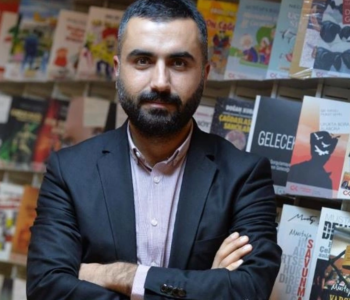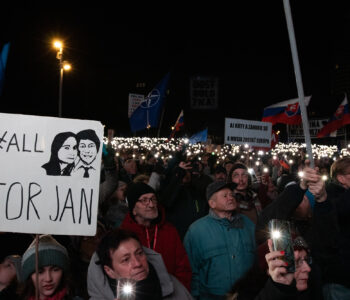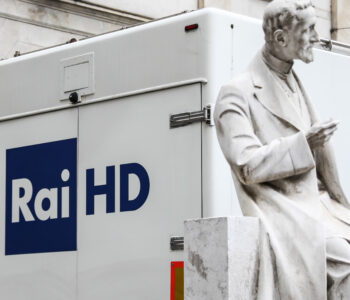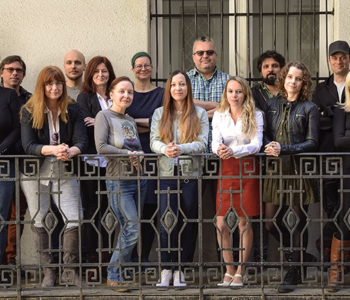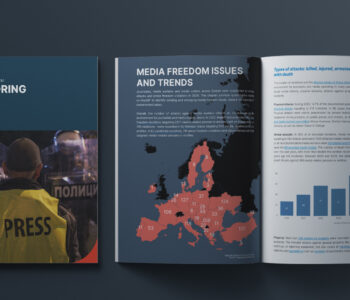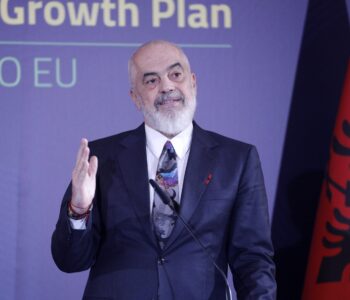
Press Freedom at Risk: The Democratic Cost of the EU’s “Chat Control” Proposal
The European Centre for Press and Media Freedom (ECPMF) -on behalf of the MFRR- is alarmed by the draft of the EU Commission’s CSA Regulation, so-called “Chat Control”. We call on the Council to reject the new proposal. Furthermore, we urge Germany to remain committed to its previous stance of developing a human rights-based CSA Regulatory approach that would not infringe on the fundamental rights and freedoms, primarily right to privacy, and eventually press freedom.
10.10.2025
While it is intended as a solution to improve online safety, particularly against the sexual exploitation of children, the mechanism it envisages would allow authorities to force messaging, email, and hosting providers to scan private communications, whether or not there is specific suspicion. This would effectively open the door to the mass surveillance of personal conversations and weaken the technical protections that ensure privacy and confidentiality. If passed, it would also constitute an infringement of press freedom.
According to a recent open letter signed by more than 470 researchers from 34 countries, the proposal would create “unprecedented capabilities for surveillance, control, and censorship and has an inherent risk for function creep and abuse […].” The signatories argue that no filtering system can reliably distinguish illegal content from legitimate private messages at scale without generating false positives and yet the proposal would mandate just that.
Fundamentally, the proposed regulation infringes on the right to privacy. They further warn that scanning devices or communications before encryption, as outlined in parts of the draft, inherently undermines end-to-end encryption and introduces a single point of failure in the system. If encryption loses its trustworthiness, all users, including journalists, face a higher risk of exposure, hacking, or misuse of their data. This view is supported by a wide range of civil society and media freedom organisations.
While the Danish presidency continues to push this problematic legislation, the new German government held a discussion on October 9, but has not yet reached an agreement on whether it will maintain its safeguarding role for the right to privacy. Even though Germany will imminently need to take a stand on the question, both the Justice Department and the so-called Digital Minister remain silent on the matter. The German vote can be crucial here, as the EDRi analysis points out, threatening to swing the vote in favour of this harmful legislation.
ECPMF wants to remind Germany, and other EU council members, that press freedom and democratic accountability depend on the ability of journalists and citizens to communicate securely and without fear of surveillance. The proposed “Chat Control Regulation” would endanger this foundation by creating an infrastructure that allows authorities or private companies to inspect private messages. Such a mechanism is fundamentally incompatible with the principles of press freedom and democracy.
The danger does not lie only in potential misuse by authoritarian regimes. Once such a system exists, it can be exploited by any government, regardless of its political character. Numerous examples have shown that broad surveillance powers, such as the use of spyware, can easily be expanded or reinterpreted over time. Unchecked and broad powers can make a tool intended to detect criminal activity to quickly be redirected toward monitoring political speech or journalistic investigations.
Protecting children from abuse and exploitation is an unquestionable moral duty. However, measures to achieve this goal must respect the fundamental rights enshrined in European law. The chat control proposal, as it currently stands, fails to meet that standard. It would introduce disproportionate surveillance, weaken encryption and create risks that far outweigh its intended benefits.
The ECPMF therefore calls on the European institutions and member states, Germany in particular, to reject the chat control proposal in its current form. Efforts to improve online safety must be effective, proportionate and compatible with fundamental rights. ECPMF stands with journalists, researchers and human rights defenders across Europe in urging lawmakers to defend encryption, protect source confidentiality and uphold the freedoms that define open societies.
This statement was coordinated by ECPMF as part of the Media Freedom Rapid Response (MFRR), a Europe-wide mechanism which tracks, monitors and responds to violations of press and media freedom in EU Member States and Candidate Countries.


